One month after the global release of Baldur’s Gate 3, Larian Studios founder Swen Vincke has summed up some results of the successful launch and shared his thoughts on what makes the game appealing to a wider audience. He also discussed future plans and the studio’s empathy for the players.
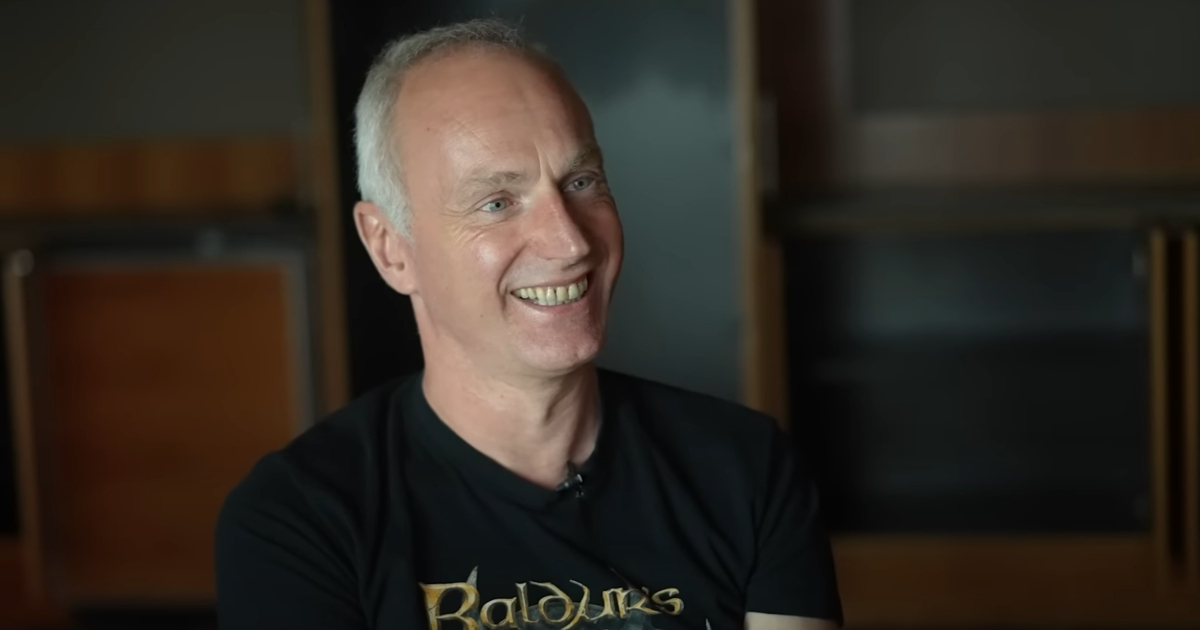
On September 4, the official Dungeons & Dragons YouTube channel posted an interview with Swen Vincke. Below are the key takeaways from the conversation.
Baldur’s Gate 3 is special because it brings a new audience to the genre
Speaking about if Baldur’s Gate 3 brings anything new to the RPG genre, Vincke noted that Larian wanted to combine a cinematic presentation of AAA games with systems-driven RPG gameplay. It was a huge challenge for the studio, but, as he said in the interview, “My hope was, and that’s what’s happening now is that it’s going to draw a new audience, people that actually don’t know they like this kind of gameplay.”
Vincke added that a lot of people have said that the CRPG genre is very niche and putting a lot of money into cinematics and presentation is just crazy. But Baldur’s Gate 3’s launch proved that Larian was right, as the game not only topped the charts, it also peaked at over 875k concurrent players on Steam — an impressive feat not just for an RPG, but for a video game of any genre.
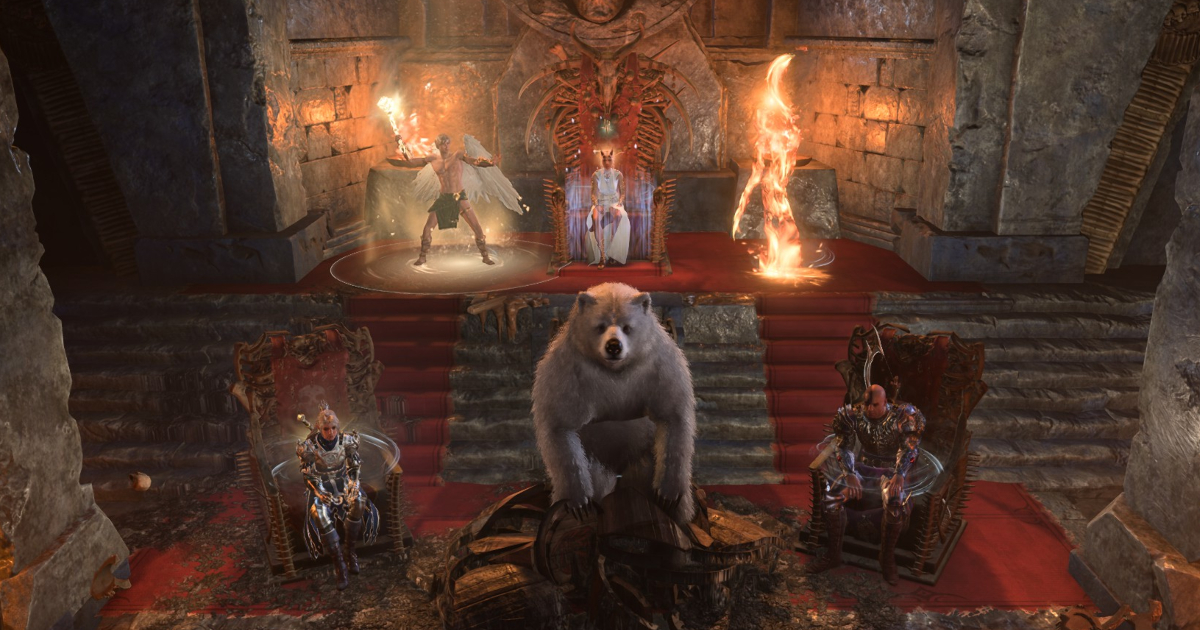
Just like Larian’s two previous games, Divinity: Original Sin 1-2, Baldur’s Gate supports split-screen co-op. And Vincke sees it as an important tool that can not only reach a new audience, but make the whole experience more engaging, fun, and unique (not to mention that most computer RPGs still don’t have this feature).
His love for local co-op comes back when he used to play World of Warcraft with his wife. The game didn’t have a split-screen mode, but they still sat next to each other and enjoyed spending time together. “She was pregnant, and my son grew up to be an incredible gamer as a result of that,” Vincke said.
There were games like Baldur's Gate: Dark Alliance back in the days that you could play in split-screen, and those were really special because it's on the singular screen. And sitting at the PC is different than lying on your couch. So I always enjoyed those split-screen moments and I wanted to bring that into an RPG that was also narrative-driven because you didn't see that before. With BG3 now, you've got romance in the game, so you get this incredible experience where you're sitting with your partner and you're romancing somebody in the game. It leads to really interesting emotionally engaging moments. I love it, because couples are different, and it's typically, 'Really, you're going to do that?' 'Of course, I'm going to do that, what do you expect me to do?'
founder of Larian Studios
Adapting D&D rules and onboarding new players
When Larian started making Baldur’s Gate 3, one of the first issues they had to solve was the dice. The studio knew that the game was supposed to be the first D&D experience for many players, so one way to onboard them was to simplify the rules. But, according to Vincke, it wasn’t an option, because in this case, “everything that’s built around the dice is not going to feel true.”
That’s why Larian eventually put the dice in plain sight so that they are everywhere in the game (even if they are not constantly visible), from damage numbers to all kinds of checks. Visualizing d20 checks inside the dialogues was a really unique decision, which, at first, even made some team members worry that this would make BG3 too hardcore.
“But once you started seeing, ‘Hold on, wait a minute, this has an impact on my cinematic experience instantly after the dice rolled,’ it has you,” Vincke explained. “Everybody can throw the dice, there’s nothing complicated about the dice. It’s just really about presenting the concepts.”
Larian wanted to make Baldur’s Gate 3 a game built on a system with its strict rules, but also allowing players, especially newer audiences, to visually see how these dice mechanics work and feel the impact of their rolls. According to Vincke, this is why some users even start a new playthrough after Act 1 and after eventually learning how the system works.
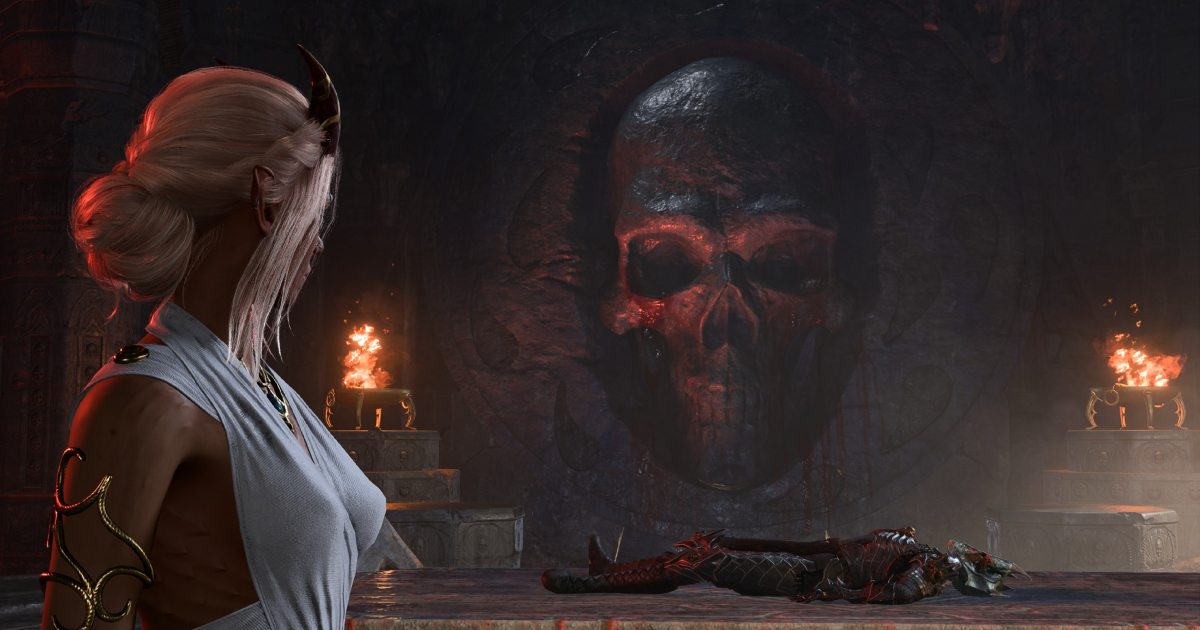
Respecting players and having a strong empathy for them
Larian walked a thorny path before getting a chance to make an RPG like Baldur’s Gate 3. There were plenty of ups and downs along the way, but one thing remained the same — respecting the audience the studio creates its games for. As Vincke summed it up, “The most important thing to the team actually is players and their reactions.”
“We have a lot of player empathy within the studio, thinking about what it’s going to be like, they care a lot,” he added. That’s why during development and post-launch support, Larian tries not only to stick to the creative vision it chose for the game, but also listen to what players think and care a lot about their feedback.
Vincke noted that while some may think the teams are now basking in the success, they actually spend all the time fixing the game. And that’s where Larian’s structure helps a lot, as it managed to build a company that can work 24 hours. Having studios across the globe makes it a lot easier and faster to release patches — for example, if an office in Europe makes a feature, they will know by the next day if it worked or not thanks to feedback from the QA team in Malaysia.
There is also one question Vincke asks the dev teams: “Why do they make video games?” And the two main answers are: “I want to solve complicated problems,” and “I want to create fun, I want to entertain people.” So Larian was basically built to allow developers to achieve these goals. “You can only do it very well if you remove all barriers between developers and players as much as you can,” Vincke said.
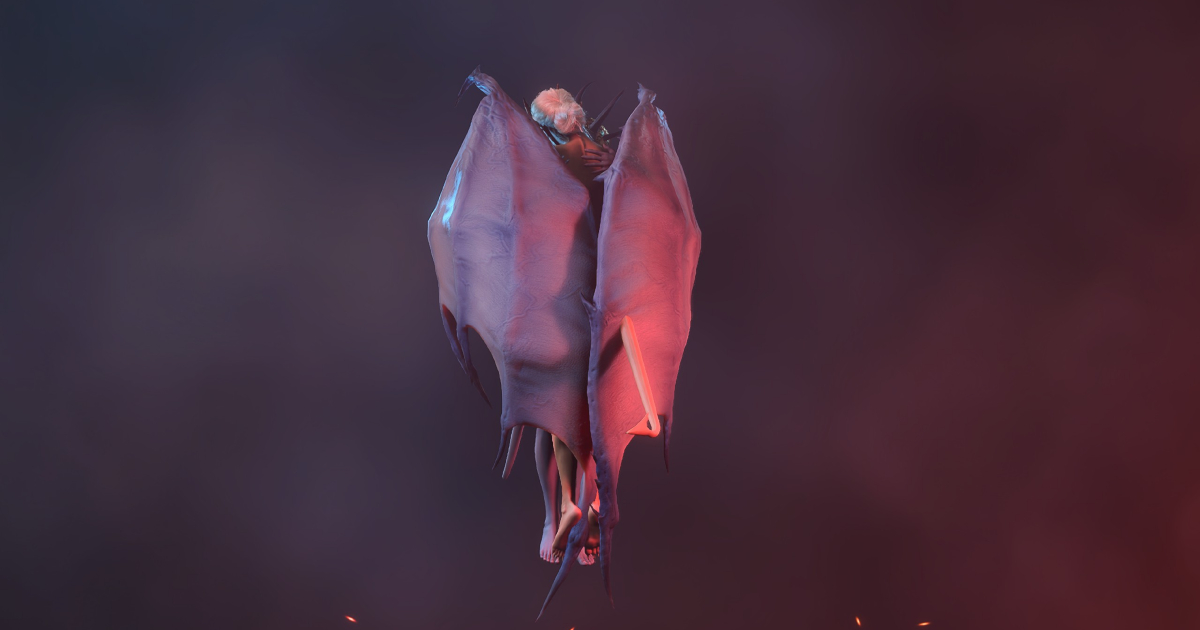
Not cutting features that only appeal to a small share of players
Although Vincke is aware of various data and stats in terms of what choices players make or what classes they prefer the most, he doesn’t let this information guide development. The reason is that he thinks it affects the creative decisions the team makes about the game, and he wants Larian to offer as many options as possible to all types of players, even though some of them might be very unpopular and irrational in terms of finances and time spent.
I want to make sure that we keep on investing heavily in things that maybe 0.001% of the audience will see, because it is important that any journey that you take in your game is going to be equally rewarding. And if you would say, 'Oh, 80% of the players go there and they see that,' then what's going to happen is that you're going to put all your effort on the 80% of the experience and you're not going to do anything or less on the 20%. That's not what you should do when you make a game like this.
founder of Larian Studios
There is also one rule that Vincke learned from criticism of Larian’s first RPGs. Despite being very ambitious, the studio couldn’t fulfill those ambitions. So the lesson is that if you implement a feature in the game, you have to make sure that players can use it to the fullest. For example, if there is a way to speak with animals, you should be able to speak with every animal; if there is a Speak with Dead spell, you should be able to use it in as many cases as possible (or at least as long as the dead body has a head).
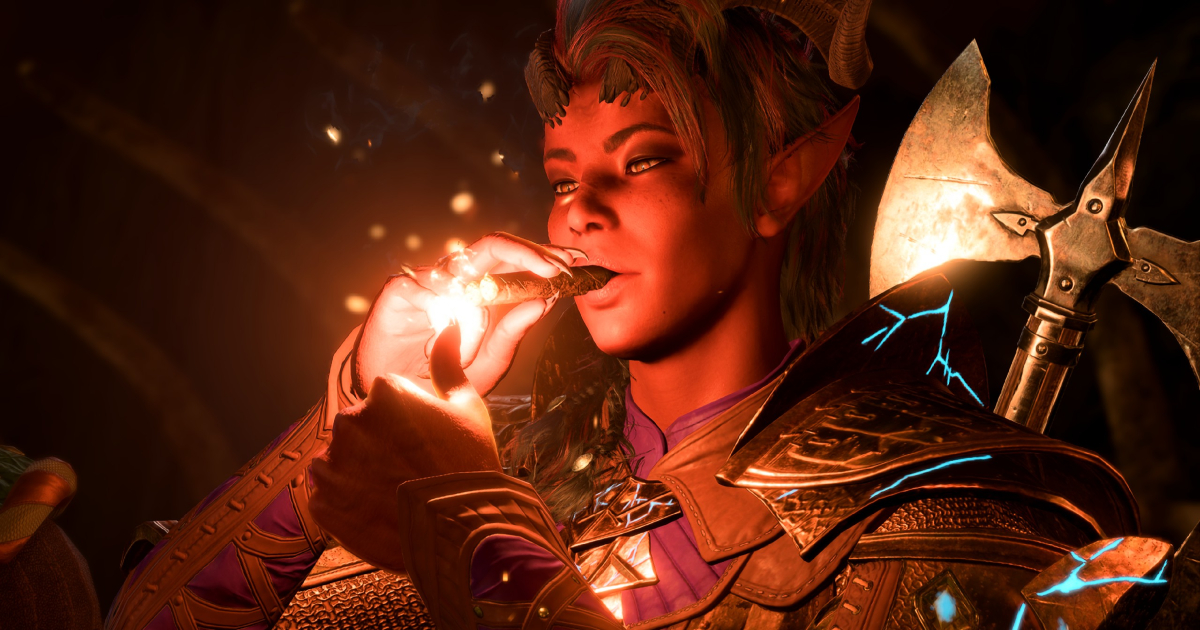
End of the chapter and future plans
Although Larian will continue to work on Baldur’s Gate 3, for Vincke personally, this chapter in his career is closed. That’s what he calls his “black hole moment”: you have been on adrenaline for so many years, working on one game, and when you reach the final point, you have to calm down before jumping into a new project you already have some ideas for.
So Vincke says he first needs to take a break and take some time for himself and his family. He refused to say what things inspire him today because it might spoil the setting of Larian’s next game, but noted that in addition to fantasy, he is a huge fan of sci-fi.
***
More details and discussions of Dungeons & Dragons, epilogues expanding on the endings of Baldur’s Gate 3, Larian’s love for complex systems and mechanics, and the possibility of a level 13-20 adventure, can be found in the full video.

